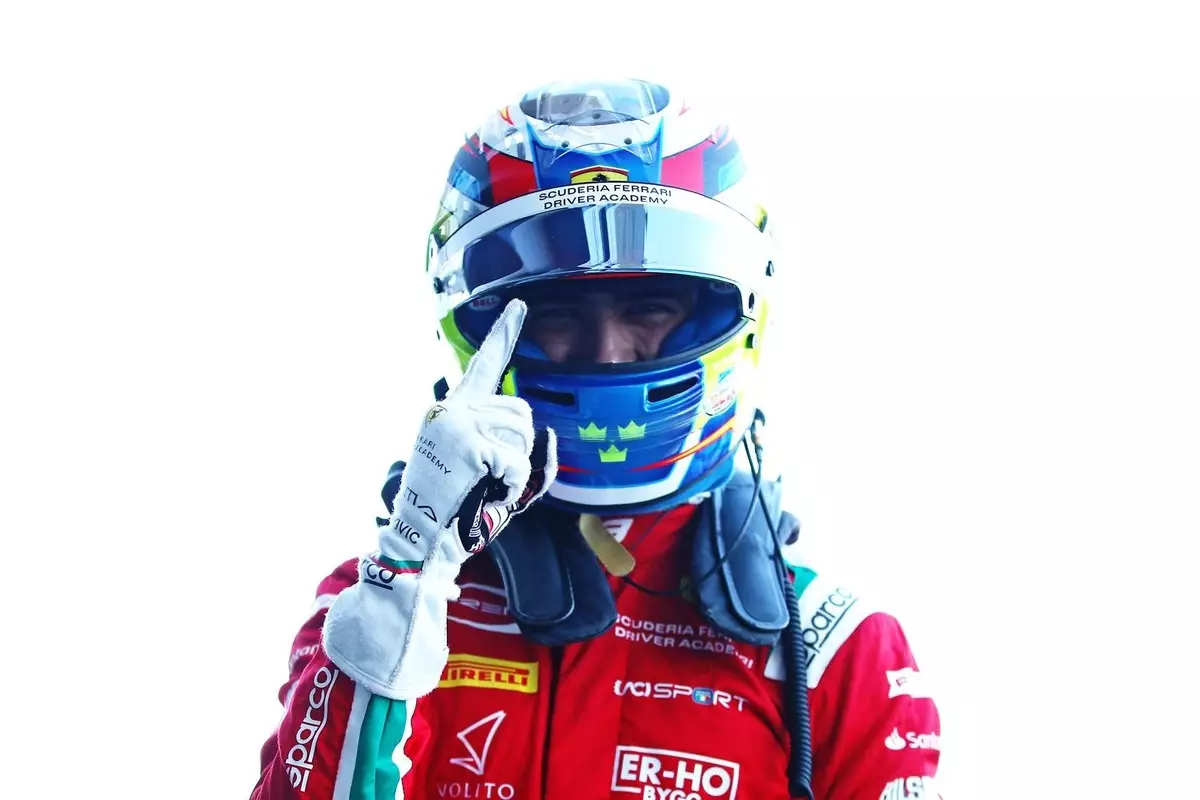The Macau Grand Prix has long been a prestigious and vital event on the motorsport calendar, particularly within the realm of junior single-seater racing. As the event approaches on November 17, 2024, significant changes loom over the traditional landscape that has defined this iconic race. With the decision to replace FIA Formula 3 cars with Formula Regional machinery, the entry list has notably shifted, showcasing a blend of established names and rising stars ready to compete in this legendary arena.
A Shift in Gear: From Formula 3 to Formula Regional
The transition from FIA Formula 3 to Formula Regional for the Macau Grand Prix represents not just a change in machinery but a broader evolutionary step in the junior motorsport hierarchy. Organizers have defended this move as a natural evolution in motorsport, aiming to better align with the current trajectory of junior single-seater racing. While this shift has left some traditionalists concerned about the event’s integrity and competitiveness, it cannot be denied that a host of talented drivers are still eager to seize this opportunity.
Among the confirmed participants are notable figures from the FIA F3 series, including champions and challengers alike such as Oliver Goethe and Dino Beganovic. Goethe’s determination to compete follows a strategic decision to bow out of the F3 title chase in favor of pursuing opportunities in Formula 2—a move that reflects the dynamic nature of racing decisions at this level. His choice to race in Macau, where he previously finished ninth, reaffirms the importance of this race not just for personal achievement but also for reputation building in the motorsport community.
The Implications for Aspiring Formula 1 Drivers
The Macau Grand Prix stands as a crucial proving ground for young talent aiming for Formula 1 and beyond. FIA single-seater committee president Emanuele Pirro explicitly acknowledged this significance when referencing the commitment of various junior drivers to one of the most challenging races. With its mix of long straights and sharp turns, the Macau circuit tests not only speed but also the strategic aptitude and mental resilience of its participants.
As these athletes transition from junior leagues like F4 and Formula Regional, the stakes are heightened. For instance, Freddie Slater, who dominated the Italian F4 series, will use this platform to showcase his driving skills before potentially moving into more competitive territories. The infusion of talent from different disciplines emphasizes the comprehensive nature of motorsport paths today; thereby highlighting the importance of adaptability for those looking to succeed at higher levels.
The entry list for this year’s Macau Grand Prix is colorful and varied, featuring drivers not just from Europe but also from Japan, where Super Formula Lights race winners like Rikuto Kobayashi and Jin Nakamura will represent their country. This international representation not only enriches the event but cultivates a competitive atmosphere where different racing styles can be observed and learned from.
Moreover, the inclusion of competitive teams like Prema and ART Sports underscores the seriousness with which this event is treated in the motorsport community. The amalgamation of experience from various racing backgrounds creates an environment ripe for high-stakes competition. Following a period where racing events were heavily impacted by global disruptions, the diverse line-up signifies a hopeful resurgence in motorsport enthusiasm, where the interconnectedness of racing can pave the way for budding relationships among athletes and a future interconnected sporting community.
As the countdown to the Macau Grand Prix continues, questions remain for teams and drivers alike. With two seats still unconfirmed, the possibility for last-minute entries adds a layer of intrigue as well as urgency. It highlights the fluid nature of motorsport and the ongoing quest for the best talent and setups, pushing each competitor to strive harder for the ever-elusive recognition and success.
While the transition from Formula 3 to Formula Regional may mark a new chapter for the Macau Grand Prix, the essence of what makes this race special—its ability to spotlight emerging talent and create thrilling narratives—remains intact. As drivers prepare to navigate the thrilling challenges of this legendary event, fans and industry professionals alike will eagerly watch to see who will rise to the occasion and secure their place in the annals of motorsport history.


Napsat komentář